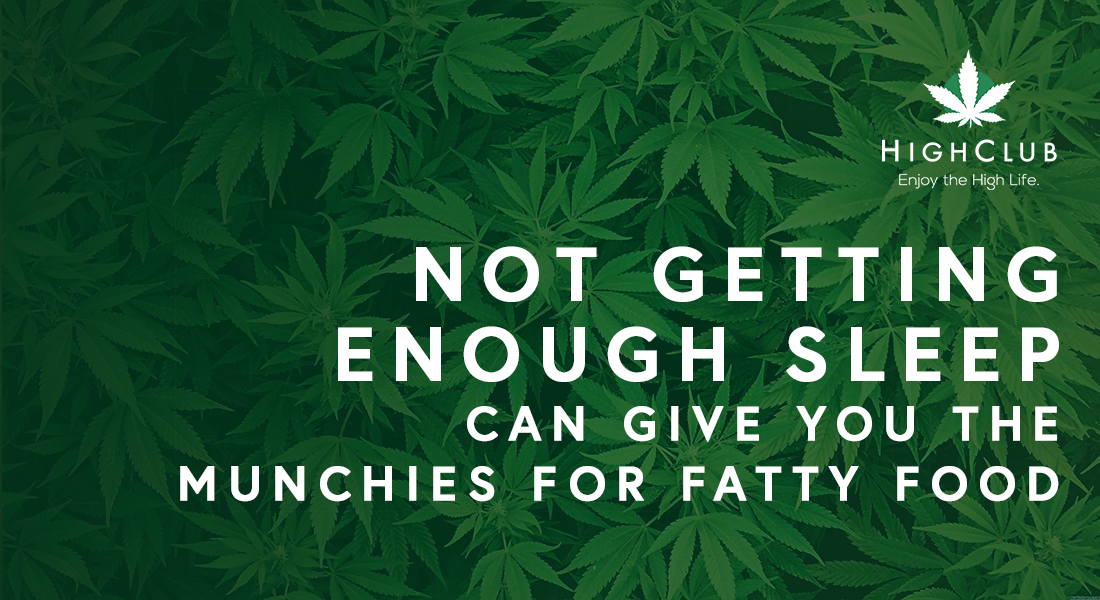Did you know that inadequate sleep affects your food consumption? A new study shows that lack of enough shut-eye could affect your food choices. The study, published in eLife, was conducted on 25 participants and examined how neural pathways could make inadequate sleep to affect food consumption.
The study is a collaborative work of Dr. Timothy Verstynen and Dr. Christian Buchel from Carnegie Mellon and University Medical Center Hamburg-Eppendorf respectively. Their study showed that the level of molecules regulating snack cravings in marijuana consumers was high in the systems of people who had at least four hours of sleep, instead of the recommended eight.
In the study, researchers put participants to sleep for six to nine days every day for seven days and examined their brain function and behavior in several subjects after getting the recommended amount of sleep. When the first week lapsed, participants were requested to sleep for just four hours, on a given night.
When asked what they wanted to eat after the four hours of sleep, most participants chose high-calorie foods, while those who slept for eight hours asked for foods with lower calories. When all participants were shown to a buffet, cannabis consumers settled for sugary snacks and fatty foods and drinks instead of healthy choices. The study’s findings were a result of the examination of the endocannabinoid system and the body’s sense of smell.
While cannabis is known to stimulate cravings receptors in the endocannabinoid system, lack of enough sleep could also affect the natural endocannabinoid system in the same way.
According to earlier research, the human brain shows a lot of activity when you are hungry and less activity when you’re not. Scientists believe that the endocannabinoid system has a part to play as far as food modulation and appetite go, but more research in this area is needed. Sleep restriction led to qualitative changes in food intake. Individuals who slept for a few hours could quickly choose high energy food, without changing the total calorie intake.
This study revealed that sleep deprivation could lead to minimal changes when it comes to choosing food. It was found to be in line with many other studies that had been conducted before. However, some researchers say that a few recent studies suggested that sleep deprivation led to an increase in calorie intake.
Lead researchers for this study said their work was beneficial to other researchers who are looking at behavioral therapies or new drugs for obesity. The study noted that in the US alone, one in six people slept for less than six hours every night.
The main takeaway: More sleep could actually help you to improve your eating habits.

